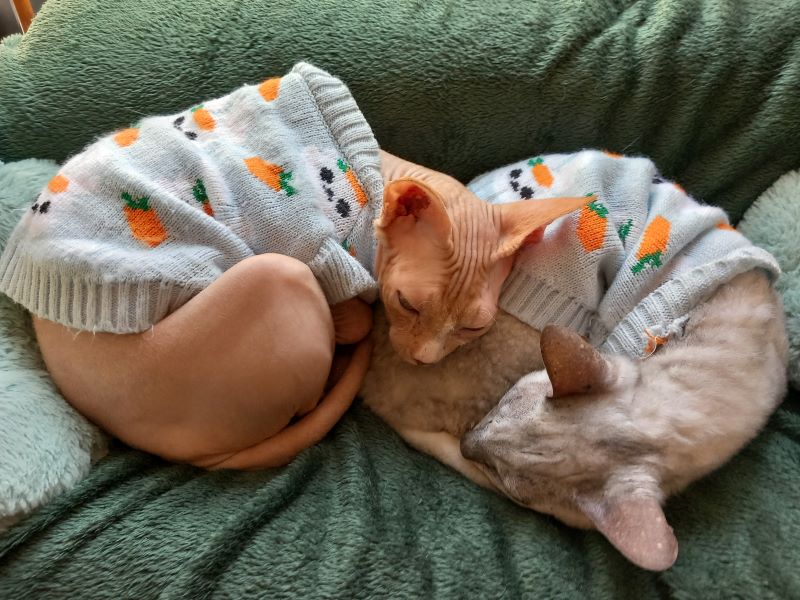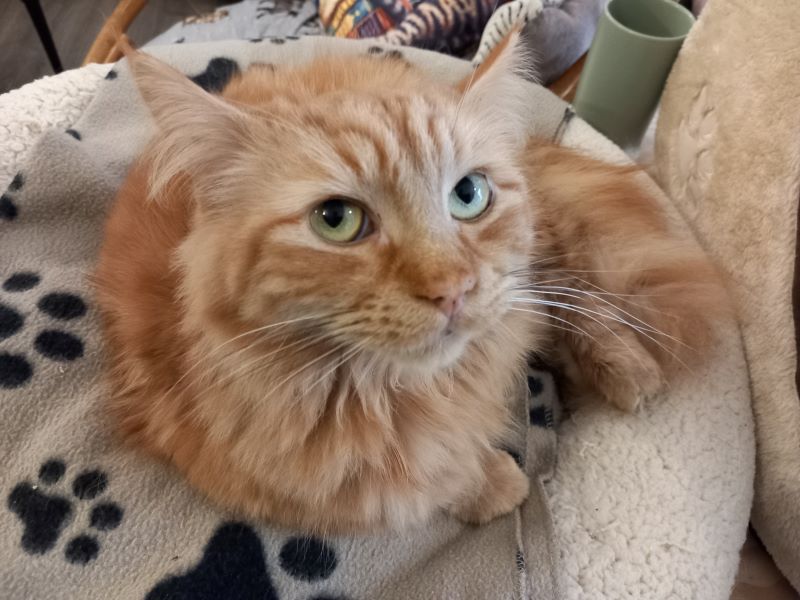Lilies should come with warning labels for cat owners, says Canterbury Tails Cat Cafe owner
Retailers should make it clearer that certain flowers are harmful to pets, says the owner of Canterbury’s one and only cat cafe.
With Mother’s Day this Sunday, you might be tempted to treat your mum to her favourite flowers — but lilies should be avoided at all costs if there are cats in the house.
Pip Harris, owner of Canterbury Tails, believes there needs to be much more awareness on the issue.
“I think that, on plants that are toxic to household pets, there should be warning labels,” she says.
“Some cats will love a little munch on a plant. And if they do, you could be in for a big vet bill — or even a broken heart.”

The popular plant contains a toxin that’s extremely dangerous for felines. It can cause severe damage to cats’ kidneys, which can lead to kidney failure and possibly result in death.
The smallest section of a lily, the stamen, is the part of the plant that is highly poisonous. However, even licking the pollen or drinking the water from a vase that lilies have been in can cause serious illness for our furry friends.
Staff at the cafe, which is home to 25 cats of varying breeds, take great care to avoid exposing the animals to anything that may harm them. Since certain plants are a no-go, they decided to get creative when it came to decorating the cafe and creating a lovely atmosphere.
Co-owner Viktor Kovachev says: “We’re huge plant lovers, but the way we bypass that is using fake flowers and crochet plants.”

Canterbury Tails Cat Cafe opened in the city centre last year. Not only is it the first cat cafe in Canterbury, it is also the UK’s first completely vegan cat cafe.
You can find it between the main High Street and the Canterbury Cathedral gates.
If you think your cat has been exposed to a lily, cat welfare charity International Cat Care says to look out for the following symptoms:
- Drooling
- Vomiting
- Refusing food
- Lethargy
- Depression
- On examination, a vet may find enlarged and painful kidneys
While lilies are the most common threat to cats, there are also other household plants to avoid. For cat owners who have an interest in plants, Charity Cats Protection has a detailed guide on which plants are safe.
